In short, it is safe to plug a router into an extension cord. However, it is recommended to use a surge protector instead for safety purposes.
When setting up a router, it’s important to consider its power source. In some cases, the router’s power cord might not be long enough to reach the desired location. This is where an extension cord comes in handy. But, is it safe to plug a router into an extension cord?
The short answer is yes, as long as the extension cord has the necessary electrical rating to support the router’s power requirements. However, it is recommended to use a surge protector instead, as it not only provides extra outlets but also protects against power surges and spikes. In this article, we’ll delve deeper into the topic and provide you with relevant information to help you make an informed decision.
How Extension Cords Work
Can I Plug A Router Into An Extension Cord
We all have multiple devices at home that require two things: electricity and a steady internet connection. A router is the perfect example of such a device, as it is responsible for providing you with wireless internet connectivity. But what happens when you have limited power outlets and your router is located far from the nearest one?
You might think the easiest solution is to use an extension cord, but is it safe?
Explanation Of How Extension Cords Transmit Power
An extension cord is designed to transmit electrical power from one point to another. To do this, it needs a three-pronged plug that connects to the electrical outlet and a socket at the other end that the device can be plugged into.
The power travels through the extension cord’s copper wire, with the length of the cord being the crucial factor that affects how much power can be transmitted.
Safety Considerations When Using Extension Cords
While extension cords can be a handy solution when you lack enough power outlets or need to reach devices at a distance, they come with some safety concerns worth noting.
- Do not overload the extension cord by plugging too many devices into it. This could cause it to overheat and start a fire.
- Only use extension cords that have a power rating that can handle the electrical load of the devices you plan to connect.
- Avoid running extension cords under carpets or heavy furniture as they could become damaged or overheated.
- Never connect two extension cords together to achieve a greater distance. This can lead to overheating and fire hazards.
Explanation Of How Extension Cords Differ From Typical Power Outlets
Extension cords differ from typical power outlets as they’re designed to transmit power rather than being the actual power source. Here are some other differences:
- Extension cords have a cable with copper wire, while power outlets are typically hardwired into your home’s electrical system with thicker cables.
- You can use extension cords for temporary needs, while power outlets are permanently installed and provide permanent electrical access.
- Due to the length of the cord and the amount of energy they transfer, extension cords have more resistance, which can lead to heat loss and power fluctuations. Power outlets don’t cause these issues.
It’s generally safe to use an extension cord to plug in your router as long as you follow the safety guidelines and use a quality extension cord with a suitable power rating. Remember not to overload the device and keep it away from substances that could cause it to overheat.
With proper care, extension cords can be an easy solution to your power outlet needs.
Can A Router Be Plugged Into An Extension Cord?
Overview Of The Search Intent Of The Article
Are you looking for a power source for your router? Do you need an extension cord to achieve this? This blog post will provide an in-depth analysis of whether a router can be plugged into an extension cord. We will also consider some of the important factors that you need to know before making the decision.
Detailed Explanation Of Whether A Router Can Be Plugged Into An Extension Cord
The answer to the question “can a router be plugged into an extension cord? ” Is yes, but there are certain things you need to consider first. Here are some key points to keep in mind:
- Basic electrical safety rules apply: First of all, make sure that the extension cord is designed for the wattage required by your router. Be sure to unplug the extension cord if it gets hot or smells like it’s burning. Also, never touch anything with wet hands, and don’t touch the router or the extension cord when they’re plugged in.
- Distance: Routers require steady power flow to function without issue. The further away the extension cord from the power source (the wall outlet), the more potential for voltage drop and fluctuations in power supply. This can lead to slow connection speed, unreliable signal, or even damage to your router.
- Type of cord: The thickness (gauge), length, and rating of the extension cord matter in determining whether or not using one is advisable with your router. A thin, extra-long cord may not provide adequate power to the device and can increase the risk of overheating. Check the specifications of your extension cord and router to see if they are compatible.
- Grounded extension cords: If you are using an extension cord for your router make sure it is grounded or support installing a grounding spike to ensure electrical safety in the structure/building.
Factors To Consider When Deciding To Plug A Router Into An Extension Cord
Before pluging your router into an extension cord, here are some important factors to consider:
- Location: If the power outlet is more than a few feet away from the router, and you’re unable to run the cord along baseboards or ceilings, then you need an extension cord. However, in some locations such as kitchens and bathrooms where water usage is common, do not use extension cords because the risk of electrical shock is high.
- Quality of the cord: Make sure that the extension cord is a high-quality one, designed for heavy-duty use. Using a low-quality extension cord for a long time can lead to device malfunction or even a fire.
- Electric socket: Make sure the electric socket’s voltage levels are compatible with your router. Using a socket with higher voltage levels than your router can end up blowing it up.
Using an extension cord for your router can be a convenience, but it is essential to take proper precautions and care to ensure its safety and reliability. Always prioritize safety over convenience.
Risks Of Plugging A Router Into An Extension Cord
Plugging in a router might seem like a straightforward task, but not all outlets are created equal, and extension cords might not be the safest solution. In this section, we’ll discuss the risks of plugging a router into an extension cord, including the potential for power surges and fire hazards.
Discussion Of The Potential Risks Associated With Plugging A Router Into An Extension Cord
When it comes to plugging a router into an extension cord, there are a few risks to consider. One of the biggest concerns is the potential for the cord to overheat, especially if it’s not rated for high wattage. Other risks include:
- Tripping hazards: Extension cords can be easily overlooked and cause tripping hazards if not in a safe location
- Overloading the circuit: Extension cords are not designed for high-power consumption devices like routers, which can cause the circuit to overload
- Damage to the cord: Frayed cords can cause electrical fires, and extension cords are more prone to wear and tear with frequent use
Explanation Of The Impact Of Power Surges On Routers
A power surge is a sudden and significant increase in the electrical current in your home’s wiring. Power surges can be caused by a lightning strike, downed power line, or the use of high power consumption appliances. One of the risks of plugging a router into an extension cord is that it increases the likelihood of power surges.
Power surges can damage the router, affecting its performance or causing it to malfunction altogether. One way to minimize these risks is to use a surge protector instead of an extension cord. Surge protectors help prevent power surges from damaging your router by blocking excess voltage.
Analysis Of The Potential For Fire Hazards When Plugging Routers Into Extension Cords
Another risk of plugging a router into an extension cord is the potential for fire hazards. Extension cords are not designed to handle high power consumption appliances like routers, so they can become overheated and cause electrical fires.
Furthermore, if the extension cord is frayed or damaged, it can also pose a risk of electrical fires. A damaged extension cord can cause sparks and arcing which can lead to fires.
It’s crucial to remember that safety should be a top priority when it comes to electrical appliances. Using extension cords for long-term use is never recommended and can be hazardous. Instead, it’s best to plug your router directly into a nearby outlet or use a surge protector.
Alternative Methods To Using Extension Cords
Overview Of Alternative Methods For Powering Routers
While extension cords might seem like the most convenient option for powering routers, they are not always the best choice. Fortunately, there are alternative methods for powering routers that might work better. Here are some options:
- Wall sockets: If your router is situated close to a wall socket, then simply plugging it straight in might be the best way to go.
- Built-in powerline adapters: Some routers come with built-in powerline adapters that let you use the power sockets in your walls to provide power. This can be an especially handy option if you’re using a router in a room where there are no other wall sockets nearby.
- Power over ethernet: Power over ethernet is a technology that lets you power your router using an ethernet cable. This can be especially useful if your router is located some distance from a wall socket.
Explanation Of The Importance Of Proper Electrical Wiring For Routers
Using proper electrical wiring is very important when powering routers. Here’s why:
- Safety: Using poor quality, frayed, or damaged wires can lead to electrocution, fires, and other dangers to your health and safety.
- Stability: Routers are sensitive electronic devices that require a stable power supply to work correctly. Poor quality wiring can lead to fluctuations in power that can damage your router’s internals, leading to dropped connections and slow performance.
- Longevity: Good quality wiring can help prolong the life of your router. Poor quality wiring can cause damage that leads to a shorter lifespan.
Discussion Of Whether Extension Cords Are Necessary For Powering Routers
While extension cords can be a convenient way to power routers, they are not strictly necessary. Here are some points to consider:
- Distance: If your router is situated quite far from a wall socket, then an extension cord is likely to be needed. However, if your router is nearby a wall socket, then there is no need for an extension cord.
- Safety: Extension cords can be dangerous if they are not used correctly. They can be tripped over, become tangled, or even cause fires if overloaded or damaged.
- Longevity: Using extension cords can potentially shorten the life of your router, particularly if they are of poor quality.
By following these alternative methods for powering routers, you can ensure that your router is powered safely, stably, and with longevity in mind.
Choosing The Right Extension Cord For Your Router
Can I Plug A Router Into An Extension Cord
Whether it’s due to a lack of electrical outlets or the need for mobility around your space, you may be wondering if it’s okay to plug your router into an extension cord. While it’s technically possible, there are certain factors to consider and precautions to take that can affect router performance and safety.
We’ll explore how to properly choose an extension cord for your router, analyze the impact of extension cord length on router performance, and explain how to measure the power needs of your router.
Explanation Of The Factors To Consider When Selecting An Extension Cord For A Router
Before you plug your router into an extension cord, there are several key factors to consider to ensure optimal performance and safety. Here’s what you need to know:
- Gauge: The gauge of an extension cord determines the amount of electrical current that can flow through it. For routers, a 16-gauge extension cord is usually sufficient, but if your router requires more power, you’ll want to use a thicker cord with a lower gauge. Make sure to check your router’s manual for specific power requirements.
- Length: As we’ll explore in the next section, the length of an extension cord can affect the performance of your router. If you need to use an extension cord, use the shortest one possible to minimize any performance impact.
- Safety: It’s important to choose an extension cord that’s designed for indoor use and has a ul (underwriters laboratory) safety certification. Make sure to inspect the cord for any visible damages before use, and never use a cord that’s frayed or damaged.
Analysis Of The Impact Of Extension Cord Length On Router Performance
When it comes to extension cords and router performance, the length of the cord can impact the voltage and amperage that reaches your device. As the length of the cord increases, the voltage and amperage can drop, which can result in slower connectivity and reduced signal strength.
Here are some key things to keep in mind:
- Voltage drop: Over longer distances, voltage can drop, which can cause your router to receive less power and operate less efficiently. This can result in slower speeds, lower signal strength, and other performance issues.
- Amperage drop: Amperage decrease can also impact router performance. If your cord isn’t capable of delivering the amperage required by your router, it may not power on or operate correctly.
- How much is too much: The exact length for when performance starts to drop can vary depending on the router, but experts advise against using cords longer than 25 feet, if possible.
Explanation Of How To Properly Measure The Power Needs Of A Router
Before plugging your router into an extension cord or any other power source, it’s important to understand how much power it needs to operate effectively. Here’s how to measure your router’s power needs:
- Check the manual: Your router’s owner’s manual should have a section on power supply specifications that outlines the required voltage and amperage.
- Check the label: Your router’s power supply label should also include the electrical rating information. This label may be on the power supply itself or printed directly on the router.
- Wattage calculation: To calculate the wattage your router requires, multiply the voltage and amperage requirements. For example, if your router requires 12 volts and 1 amp, the wattage would be 12 watts.
By choosing the right extension cord, keeping the length to a minimum, and measuring the power needs of your router, you can ensure long-lasting performance and safe usage.
Best Practices For Using Extension Cords With Routers
Do you want to use an extension cord to plug in your router? If you’re unsure whether it’s safe to plug a router into an extension cord, this post will help you understand the best practices for doing so.
Overview Of The Best Practices For Using Extension Cords With Routers
Electricity is not something to mess around with, and it’s important to understand the best practices for using extension cords with routers. Here’s what you need to know:
- Always use an extension cord that is rated for the power tools you plan to use.
- Ensure that the cord is in good condition and free of any cracks or signs of wear and tear.
- Keep the router as close to the power source as possible to avoid unnecessary strain on the cord.
- Position the cord in a way that won’t create a tripping hazard.
Explanation Of The Importance Of Correct Cord Positioning
When it comes to using an extension cord with a router, correct cord positioning is crucial. Here’s why:
- If the cord is in a high-traffic area, it can easily be damaged, creating a dangerous situation.
- Tripping over the cord can pose a real risk to your safety.
- If the cord becomes twisted or knotted, it can reduce the electrical current that flows through it, leading to overheating and potentially even a fire.
To avoid any of these situations, carefully position the cord so it’s not in the way of foot traffic and isn’t tangled or twisted.
Discussion Of How To Avoid Accidents When Using Extension Cords With Routers
Using an extension cord with a router can be a safe and effective way to get your work done. Just keep these safety tips in mind:
- Do not overload the extension cord or the power outlet.
- Do not use an extension cord that’s damaged, frayed, or has exposed wiring.
- Keep the cord well away from wet or damp areas.
- Do not drive nails or staples into the cord as this can break the inner wires and cause a short circuit.
- Always unplug the cord from the power source when not in use.
By following these guidelines, you can use an extension cord with your router safely and efficiently.
Dangers Of Using Damaged Extension Cords With Routers
Can I Plug A Router Into An Extension Cord?
Using an extension cord with your router might seem like an easy fix to reach that awkward outlet on the other side of the room. However, it’s important to use caution when doing so, especially if the extension cord is damaged in any way.
In this section, we dive into the dangers of using damaged extension cords with routers and how to properly identify and dispose of them.
Examination Of The Risks Associated With Using Damaged Extension Cords With Routers
Using a damaged extension cord with your router poses several risks, including:
- Electrocution: Frayed or damaged cords can expose the wire inside, leading to electrical shock if touched.
- Fire hazards: When wires are exposed, they can overheat or spark, potentially starting a fire.
- Damage to your router: Voltage drops from using an extension cord can damage your router.
Explanation Of How To Identify Damaged Extension Cords
It’s crucial to identify any signs of damage before using an extension cord with your router. Here are some key things to look out for:
- Frays or nicks in the cord’s insulation
- Bent or broken prongs
- Burn marks or discoloration on the cord or plug
- Stiffness or brittleness in the cord
If you spot any of these signs of damage, the extension cord should not be used, as it increases the risk of electrical shock and fire.
Discussion Of How To Properly Dispose Of Damaged Extension Cords
When disposing of damaged extension cords, it’s important to do so properly. Follow these steps:
- First, unplug the cord from the outlet and router.
- If the cord is damaged, cover the plug with electrical tape or wrap it in a plastic bag to prevent injury to anyone handling it.
- Check if your local municipality offers disposal services for electronic waste, as extension cords are often included in this category.
- If you cannot find an electronic waste disposal service, cover the plug with electrical tape or a plastic bag and dispose of it in your regular trash.
It’s important to note that throwing away damaged extension cords in public trash cans can be dangerous. If someone comes into contact with the exposed wiring inside, they could be electrocuted.
Using a damaged extension cord with your router poses severe risks and should always be avoided. By identifying signs of damage and properly disposing of damaged cords, you can help prevent potential safety hazards.
Frequently Asked Questions For Can I Plug A Router Into An Extension Cord
Is It Safe To Plug A Router Into An Extension Cord?
It is generally safe to plug a router into an extension cord as long as it is properly rated for the voltage and wattage requirements of the router.
Can Using An Extension Cord Slow Down My Internet Connection?
Using an extension cord may slightly slow down your internet connection due to power loss, but only if the cord is excessively long or of poor quality.
Can An Extension Cord Damage My Router?
An extension cord that is not properly rated or damaged may cause power fluctuations and damage to sensitive electrical devices like routers.
How Do I Know If My Extension Cord Is Safe For My Router?
Make sure the extension cord is rated for the voltage and wattage requirements of your router. Look for the ul label or consult with the manufacturer for guidance.
Can I Use Any Extension Cord For My Router?
No, you should use an extension cord that is rated for the voltage and wattage requirements of your router. Consult with the manufacturer for guidance.
How Long Can My Extension Cord Be For My Router?
You should use the shortest possible extension cord for your router, ideally no longer than 6 feet, to reduce the risk of power loss and damage to your device.
Can I Plug Multiple Devices Into The Same Extension Cord As My Router?
Yes, but you should make sure that the total wattage of all devices does not exceed the wattage rating of the extension cord to avoid power loss and damage.
Is It Better To Plug My Router Directly Into An Outlet?
Yes, it is recommended to plug your router directly into an outlet to decrease the risk of power loss and protect your device from damage.
Final Thoughts
To sum up, plugging a router into an extension cord can be a good solution for users who want flexibility in their internet setup but it’s important to follow safety measures. The quality of extension cords, their length and their gauge can all impact the performance of a router and the stability of the internet connection.
Moreover, when setting up any device that will be connected to the internet, users should take some precautions and avoid placing routers near water sources or other electronic devices that can interfere with the router’s performance. Ultimately, whether it’s safe or not to plug a router into an extension cord will depend on the individual circumstances and the quality of the equipment being used.
Following the guidelines provided by the manufacturer and maintaining the security of the network will ensure that routers and other devices provide the best and safe performance possible.
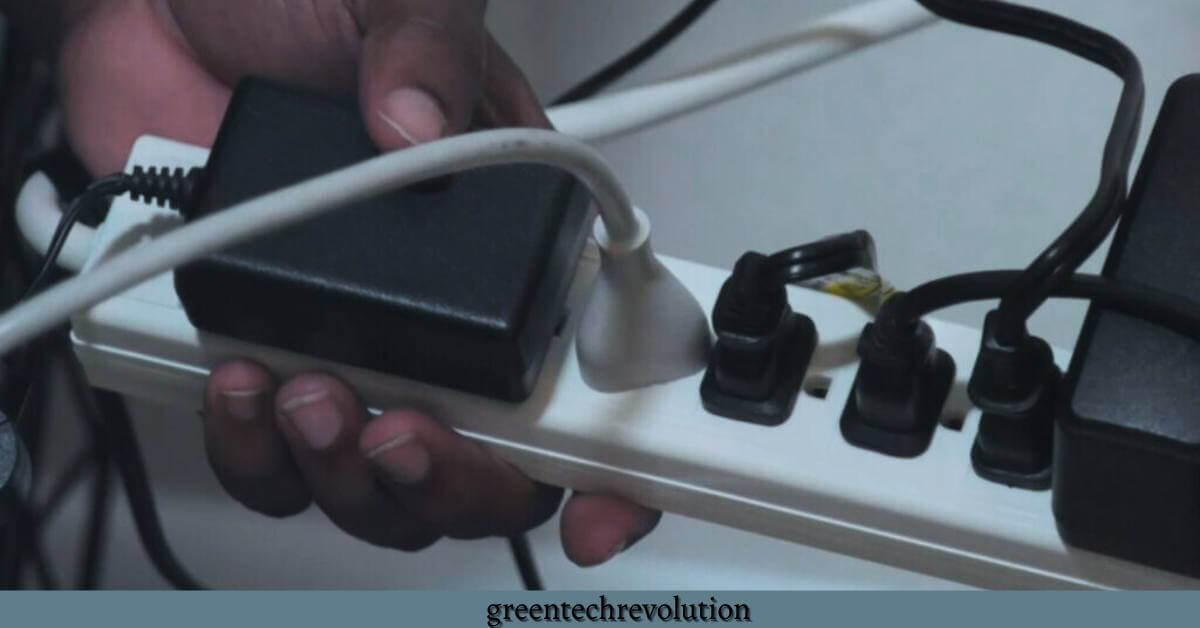



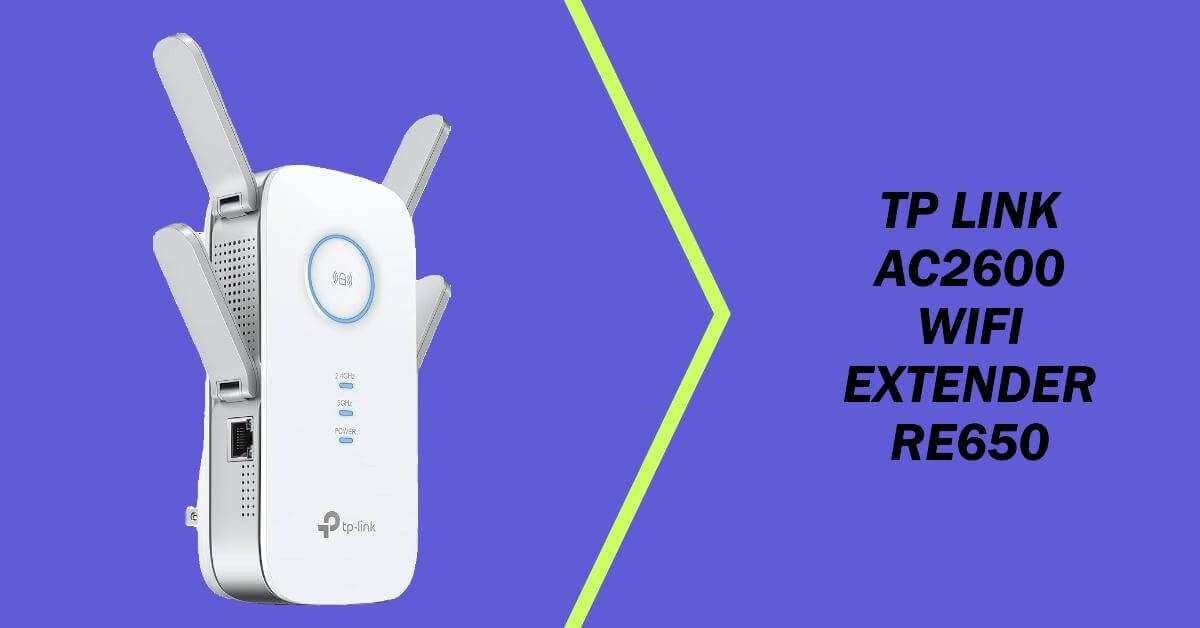
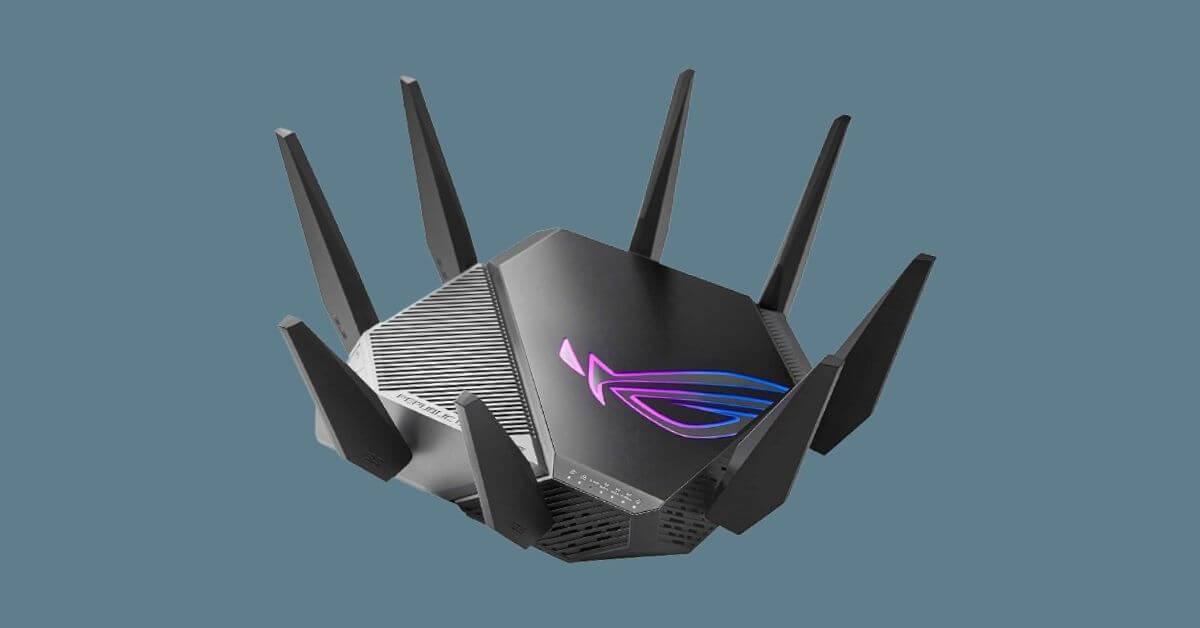
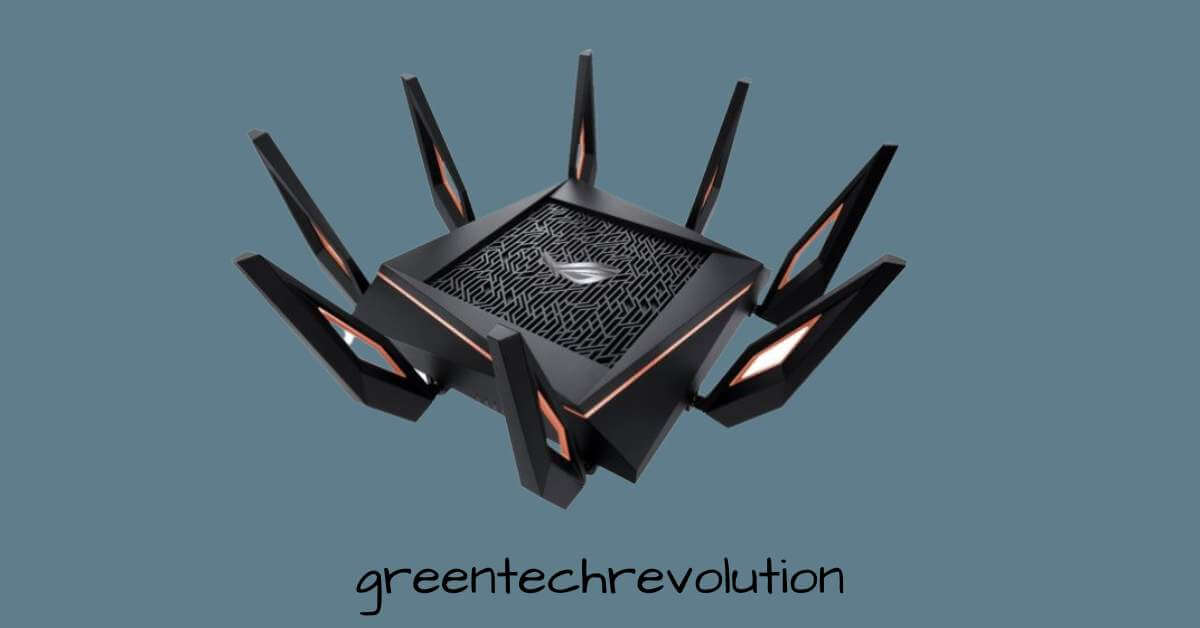
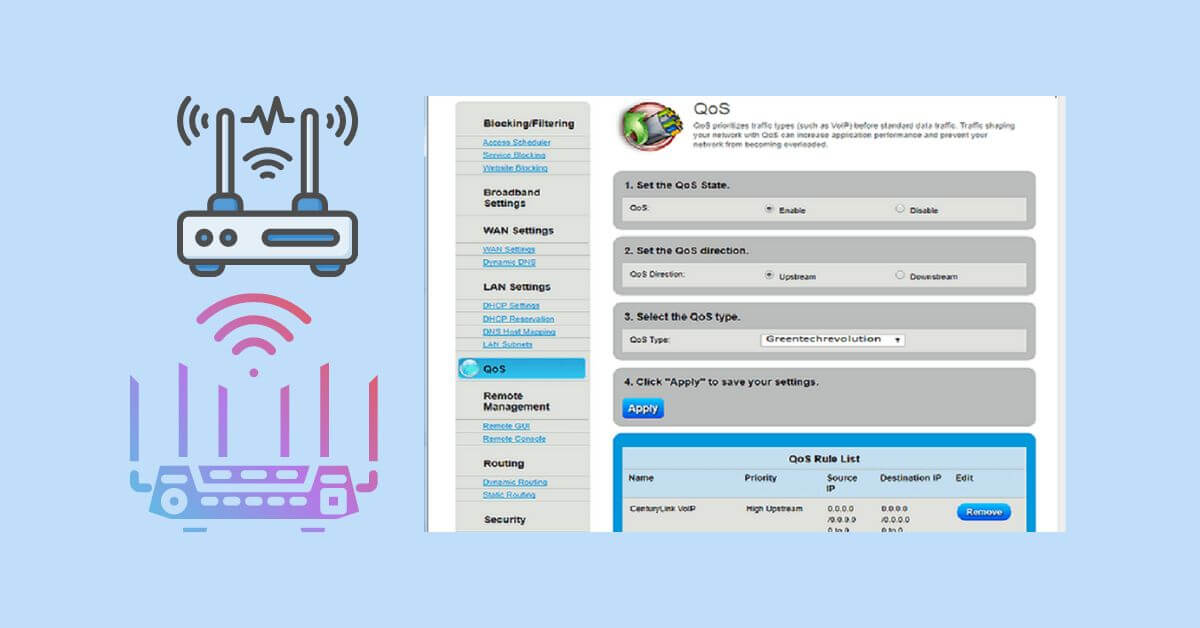
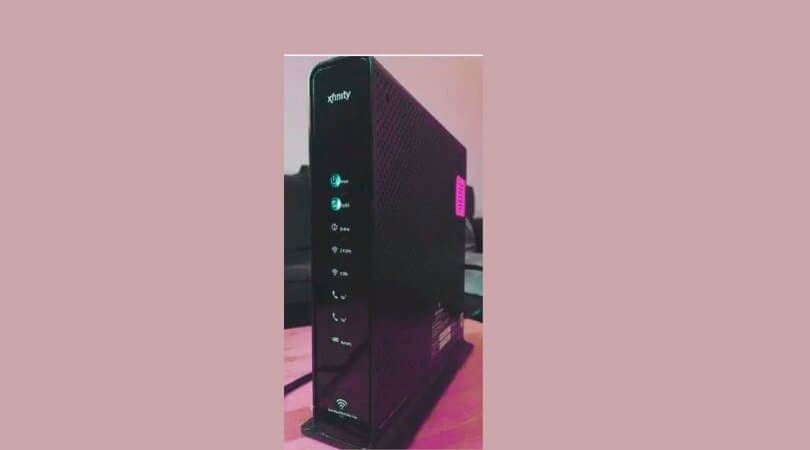
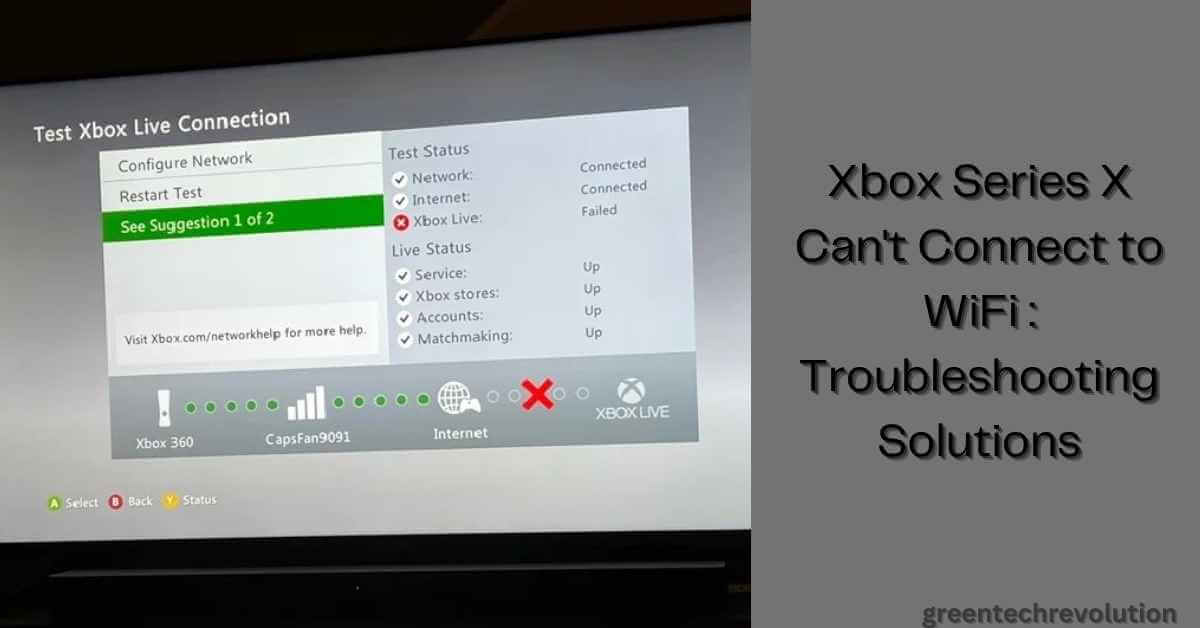
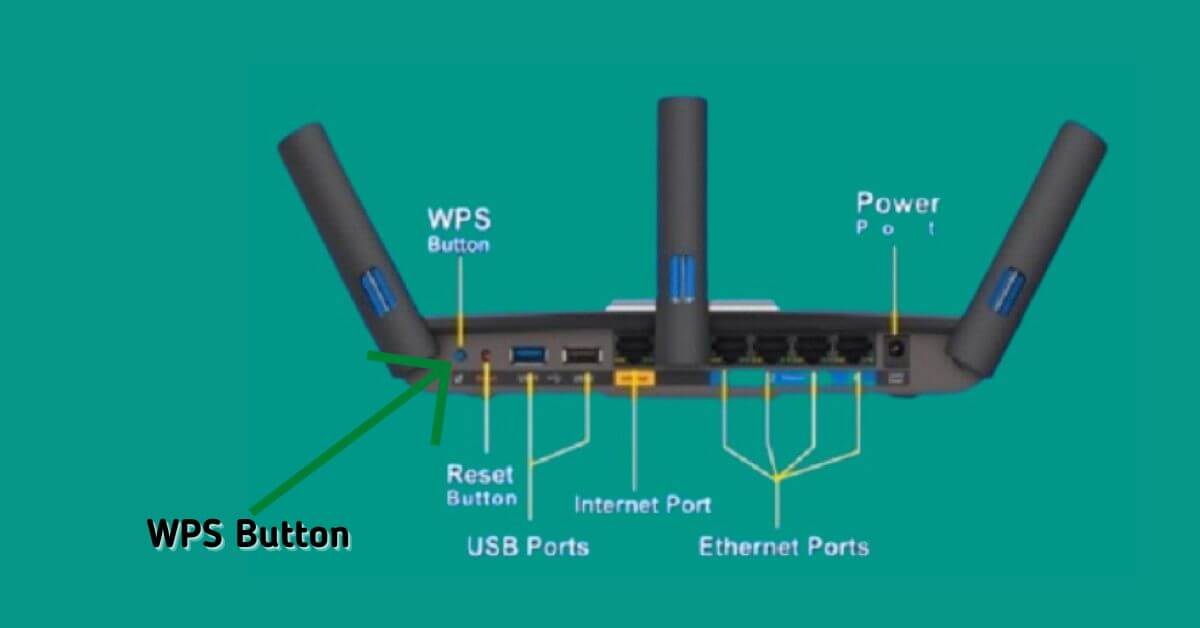
Leave a Reply
You must be logged in to post a comment.